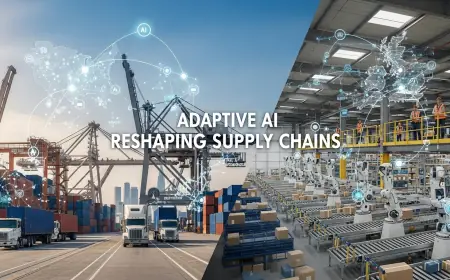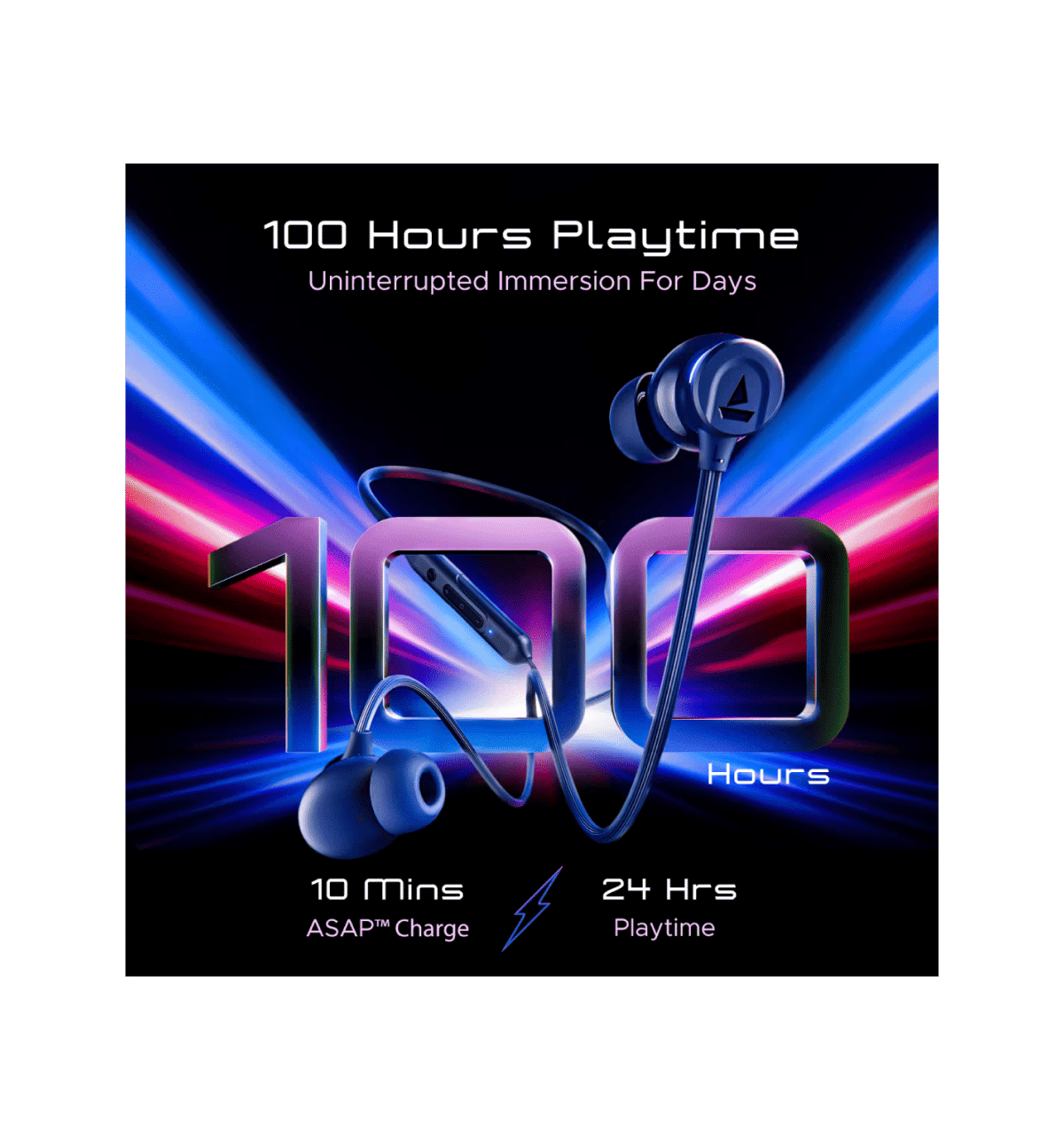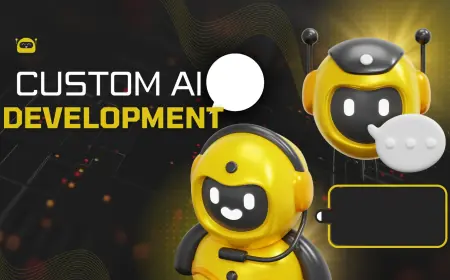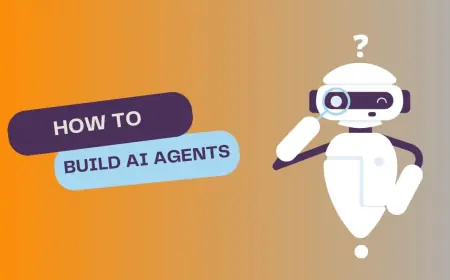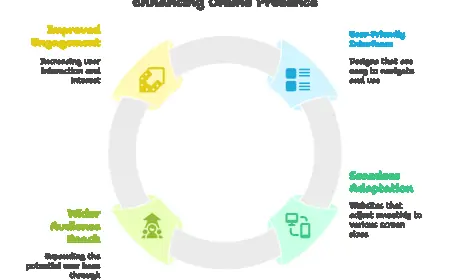How the Best SEO Services Use AI to Improve Rankings and Efficiency
Learn how the best SEO services use AI to boost rankings, automate audits, and scale content with smarter strategies and real-time insights.
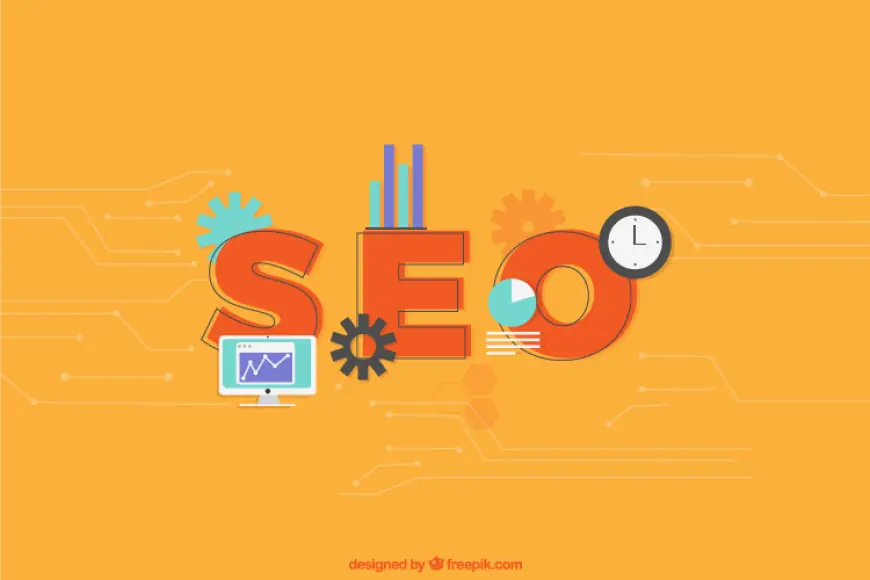
Search engine optimization (SEO) has evolved far beyond simple keyword stuffing and backlink farming. In today’s competitive digital landscape, the best SEO services leverage artificial intelligence (AI) to streamline processes, gain deeper insights, and boost rankings with precision. AI tools are transforming everything from keyword research and content creation to technical audits and performance tracking—delivering faster, smarter, and more scalable SEO strategies.
This blog explores how top-tier SEO providers are integrating AI into their workflows to stay ahead of the curve. Whether you're an e-commerce brand, SaaS startup, or local service provider, understanding how AI enhances SEO can help you make more informed choices when selecting an agency or partner.
AI-Generated Content: Smarter, Not Just Faster
AI-generated content has taken center stage in digital marketing, especially with the rise of natural language processing (NLP) models like GPT. While AI can’t replace human creativity or domain expertise, it can enhance efficiency by producing first drafts, brainstorming blog outlines, and summarizing long-form content.
The best SEO services use AI-generated content for:
-
Content ideation: AI tools like Jasper or ChatGPT help SEO teams quickly brainstorm blog titles, FAQs, meta descriptions, and outlines based on user intent and search volume.
-
SEO-friendly writing: Platforms like SurferSEO and Clearscope analyze top-ranking pages and suggest keyword placement, heading structure, and optimal word count—automating much of the on-page optimization.
-
Localization at scale: For businesses targeting multiple regions or languages, AI enables quick translation and cultural adaptation of content without starting from scratch.
However, leading SEO agencies don’t rely solely on AI for content. Instead, they use it as a support system—pairing machine output with expert human editing, tone refinement, and fact-checking to ensure quality and compliance with Google’s E-E-A-T (Experience, Expertise, Authoritativeness, and Trustworthiness) guidelines.
Predictive Keyword Research: Staying Ahead of the Trends
Keyword research remains foundational to SEO, but traditional methods—like guessing seed keywords or manually scanning competitors—are no longer enough. AI changes the game by identifying emerging search patterns and long-tail opportunities in real time.
Top agencies use AI-driven tools to:
-
Uncover rising trends early: Platforms like Google Trends and Exploding Topics use machine learning to spot keywords gaining traction before they become saturated.
-
Understand semantic relevance: AI models analyze user behavior and search intent, helping SEO teams build topic clusters that reflect how people naturally search.
-
Optimize for voice and conversational search: As voice assistants become more popular, keyword phrases are becoming longer and more conversational. AI helps predict these shifts.
By integrating AI into keyword discovery, the best SEO services ensure that campaigns are built around both current demand and future growth opportunities—offering a significant edge in competitive niches.
On-Page Optimization with AI Recommendations
Another powerful use case of AI in SEO is on-page optimization. Instead of manually tweaking headings, meta tags, and internal links across hundreds of pages, SEO tools now use AI to provide automated, prioritized recommendations.
Examples include:
-
SurferSEO: Analyzes top-performing content and generates a content score based on keyword usage, structure, and semantic richness.
-
MarketMuse: Uses AI to audit content gaps and suggest improvements that align with user intent.
-
Frase: Provides real-time suggestions for optimizing content as it’s written, helping teams align with ranking benchmarks.
These tools not only save time but also remove guesswork—ensuring that every page is optimized for both users and algorithms.
Technical SEO Automation: Fixing Issues Before They Hurt Rankings
Technical SEO can be complex and time-consuming. AI helps automate the identification and resolution of critical issues like broken links, slow-loading pages, crawl errors, and improper redirects.
The best SEO services use AI-powered platforms like:
-
Screaming Frog with machine learning add-ons
-
Sitebulb: Visualizes crawl issues and uses AI to prioritize technical fixes.
-
DeepCrawl and Botify: These tools crawl massive enterprise websites and use predictive algorithms to model how changes might affect search performance.
With AI-based audits, agencies can address problems before they impact rankings, and simulate improvements to validate their efforts.
Link Building and AI-Powered Prospecting
AI also assists with one of SEO’s most tedious tasks—link building. Finding high-authority, relevant websites to pitch content to takes time. AI tools automate parts of this process by:
-
Identifying link opportunities based on niche relevance and authority
-
Predicting outreach success based on historical engagement data
-
Automating follow-ups and outreach sequences
Tools like Respona, Pitchbox, and BuzzStream integrate AI to analyze response likelihood and personalize pitches at scale. This reduces manual labor and increases campaign efficiency.
While link building still requires human oversight and relationship-building skills, AI ensures efforts are focused and informed.
Real-Time SEO Performance Monitoring
SEO isn’t static. Google algorithm updates, SERP layout changes, and user behavior all impact rankings. That’s why real-time monitoring is critical.
Top SEO agencies use AI for:
-
Anomaly detection: Tools like Panguin and SEMrush alert teams to sudden ranking drops or traffic spikes, often tied to algorithm updates.
-
Behavioral analysis: AI interprets heatmaps, bounce rates, and scroll depth to suggest UX improvements.
-
Competitor benchmarking: Ongoing SERP analysis powered by AI shows how competitors gain or lose ground, helping agencies adapt faster.
With machine learning, agencies can spot trends early, A/B test content, and adjust strategies without waiting for monthly reports—delivering faster, more data-informed results.
The Human + AI Advantage
AI doesn’t replace experienced SEO professionals—it enhances their capabilities. The best SEO services know how to combine machine efficiency with human strategy. They understand when to rely on automation and when creative or contextual judgment is needed.
In this blended model, AI:
-
Handles repetitive, data-heavy tasks
-
Speeds up research and analysis
-
Helps scale content and technical audits
-
Personalizes outreach and link building
Meanwhile, humans provide:
-
Strategic thinking and goal alignment
-
Brand voice consistency and editorial tone
-
Complex decision-making and ethical oversight
-
Relationship management for link building and partnerships
When AI and human intelligence are combined, SEO strategies become more agile, scalable, and effective.
Conclusion: Why AI Is Essential for Modern SEO
SEO today demands more than traditional tactics. It requires real-time adaptation, strategic insights, and the ability to act fast on data. That’s why the best SEO services are powered by AI—not as a gimmick, but as a core engine behind content, keyword planning, site audits, and campaign execution.
Whether you’re launching a new brand or trying to outrank a major competitor, partnering with an SEO team that leverages AI gives you a measurable advantage. With smarter tools, faster delivery, and deeper insights, AI is not the future of SEO—it’s the present.
What's Your Reaction?
 Like
0
Like
0
 Dislike
0
Dislike
0
 Love
0
Love
0
 Funny
0
Funny
0
 Angry
0
Angry
0
 Sad
0
Sad
0
 Wow
0
Wow
0




